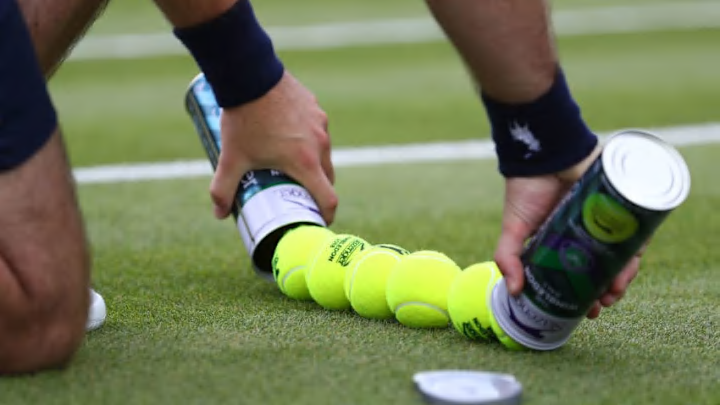After Nicolas Kicker was found guilty of match-fixing and sentenced to a 6-year suspension, another row of match-fixing has surfaced. World Number 306 Patricio Heras from Argentina has been found guilty for fixing a match at the Barranquilla Challenger in 2015.
Heras, 29, primarily plays in the futures and challenger circuits. Reaching a career high of 269 in 2013, Heras’ future as a tennis player remains uncertain.
Background
Back in 2015, Heras was defeated by Facundo Mena in the Barranquilla challenger’s first round 7-6 (6) 6-0. The tennis integrity unit (TIU), has found that the match was fixed. As of publishing, there is no video source for this match.
“Mr Heras was found to have contrived the outcome of a match played at the ATP Challenger tournament in Barranquilla, Colombia in September 2015. He also failed to report a number of corrupt approaches received during August and September 2015, to the Tennis Integrity Unit (TIU).
Having now been found guilty of the charges, he will be sanctioned at a future date to be determined by AHO Mulcahy. Details of the Decision on sanctions will be made public when received. Until that time, and with immediate effect, Mr Heras is not allowed to compete in, or attend, any sanctioned events organised or recognised by the governing bodies of the sport”, the TIU said in its statement. (Sourced from tennisworld).
Analysis
Heras is a player who’s spent most of his career playing in futures and challenger circuits, where the prize money is not nearly enough to sustain himself and the gruelling requirements to be a touring professional. At a time where the debate about prize money is an especially touchy topic, Heras’ history adds fuel to the fire: A touring professional who has primarily been in the top 300 of tennis has barely made $100k in the 11 years he’s played the sport.
The dedication is there, but the money never is. Tennis isn’t a cheap sport to be a professional in, and to an extent, you can empathize with him, despite his actions being very clearly in the wrong. New cases of match-fixing springing up are telling us that the TIU, ITF and the ATP are very serious about it, but it’s also telling us that unless you’re in the top 100, you’re not making money.
The ATP and ITF have made changes to the challenger and futures circuit, however, with the discontinuation of the futures circuit from 2020, it’ll be tougher to make it into the rankings of the sport (which will be condensed from 1000 to 750).
What do you think? Should there be other safeguards introduced to make sure that lower ranked players don’t fix matches to make money?
